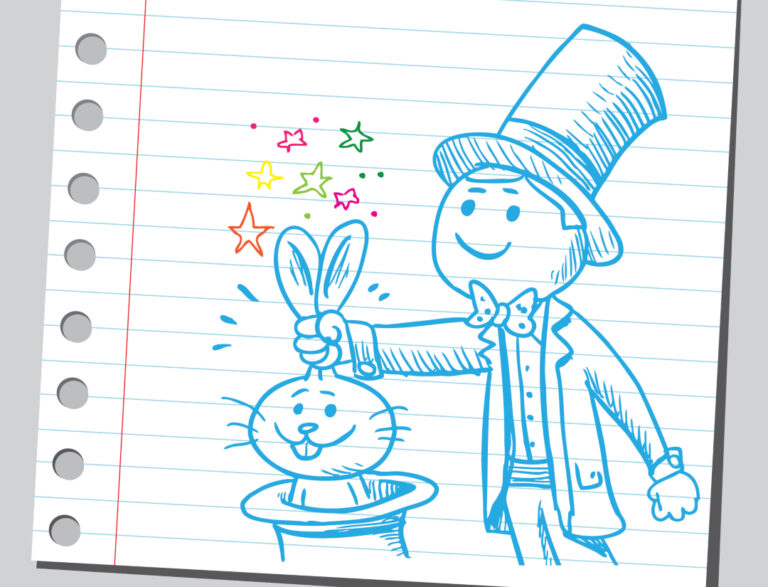
Kids’ favourite programming language Scratch has scraped its way into Tiobe top 20 ranking of the world’s programming languages.
The Dutch testing vendor released the latest version of its code flinger run down today, with Java (16.73 per cent), C (16.72 per cent), Python (9.31 per cent), C++ (6.78 per cent) and C# (4.74 per cent) all keeping their top five spots warm.
Visual Basic, Javascript, PHP, SQL and R rounded out the top 10, with R being the only significant climber on the year, up from 16th place last year, and increasing its share 0.35 of a percentage point to 1.54 per cent.
Outside the top 10, Swift jumped from 19th place to 11, Go from 18 to 12, while PL/SQL scrambled up from from 22 to 15th place.
Matching PL/SQL in terms of the number of places climbed is Scratch, up from 27 to 20, grabbing 1.54 per cent.
Tiobe professed this “might seem a bit strange for a programming language that is designed to teach children how to program”.
However, it went on, “if you take into account that there are in total more than 50 million projects “written” in Scratch and each month 1 million new Scratch projects are added, it can’t be denied any more that Scratch is popular. Since computers are getting more and more an integral part of life, it is actually quite logical that languages to teach children programming are getting popular.”
It added that some years ago Scratch and Alice were vying to become the “‘Logo’ programming language of the modern ages. Alice currently languages at 90, so clearly Scratch won.”
Tiobe’s index is based on “the number of skilled engineers world-wide, courses and third party vendors”.
However there is possibly another reason why Scratch has clambered up the charts. Large parts of the tech world are confined to barracks for the duration of the Covid19 crisis, with school aged children also stuck at home while schools are closed. Is it possible that hard-pressed programmers are looking to point their kids at something a little more productive than the latest iteration of Super Mario and/or significantly less irritating than yet another round of Baby Shark?
It’s hard to say, but if the skills gap starts to close in, say, ten to 15 years time, 2020’s enforced homeworking – and the sterling example set by geekish parents – may have played at least a part.
